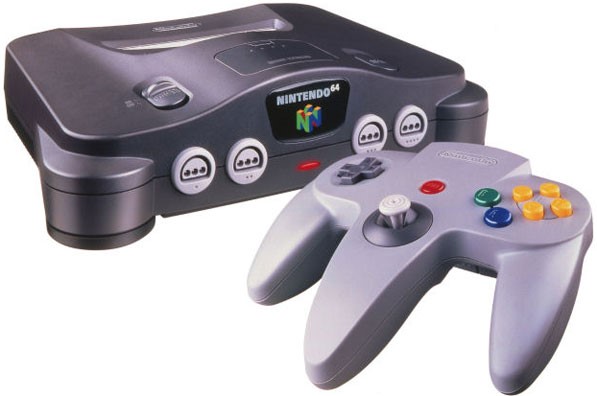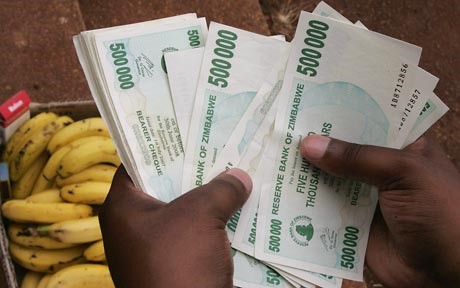Hello everyone and welcome to the first PSUEA blog post of 2015! My name is Mitchell Shuey and I plan on keeping this site chock full of the best information and current events in our economic world. First, I’d like to expand our horizons to the southern hemisphere, where an important country is undergoing a progressively worse and worse bust.
Argentina has had a very volatile financial history, but as I researched further and further back, I discovered that somehow, Thailand can be linked to the start of a domino-chain international economic freak-out. Stay with me here, this is about to get crazy. We’re going back to a simpler time- 1997. Let’s look at some pictures of things that existed back in ’97:


 Okay, enough reminiscing. Thailiand stopped pegging its currency to the US Dollar in the middle of 1997. Almost immediately after, the value of countries next to it such as the Phillipines, Malaysia, and South Korea were affected. Brazil was hit (being a country with lots of Asian investments), and Argentina soon followed. This is called Financial contagion and it has proved to spread economic crisis across any and all borders. Argentina’s recession was particularly bad because it lasted for years afterward, unlike the other countries affected. Since then, their economy has struggled to stabilize. Inflation has been the biggest struggle recently, increasing as much as 40% according to some opposition statistics.Extreme inflation, or hyperinflation, is a rare occurrence but oddly fascinating due to how chaotic it makes life for people. Take for example the Zimbabwean dollar, which in the late 00’s rose to ludicrous exchange rates:
Okay, enough reminiscing. Thailiand stopped pegging its currency to the US Dollar in the middle of 1997. Almost immediately after, the value of countries next to it such as the Phillipines, Malaysia, and South Korea were affected. Brazil was hit (being a country with lots of Asian investments), and Argentina soon followed. This is called Financial contagion and it has proved to spread economic crisis across any and all borders. Argentina’s recession was particularly bad because it lasted for years afterward, unlike the other countries affected. Since then, their economy has struggled to stabilize. Inflation has been the biggest struggle recently, increasing as much as 40% according to some opposition statistics.Extreme inflation, or hyperinflation, is a rare occurrence but oddly fascinating due to how chaotic it makes life for people. Take for example the Zimbabwean dollar, which in the late 00’s rose to ludicrous exchange rates:
| Month |
ZWR per USD |
| Sept 2008 |
1 000 |
| Oct 2008 |
90 000 |
| Nov 2008 |
1 200 000 |
| Mid Dec 2008 |
60 000 000 |
| End Dec 2008 |
2 000 000 000 |
| Mid Jan 2009 |
1 000 000 000 000 |
| 2 February 2009 |
300 000 000 000 000 |
How could anyone possibly carry around trillion dollar bills? What led to this? Simply, it’s a matter of poor planning on the government’s part. The government controls the money supply through mints and banks, meaning every country has a monetary policy. A good government policy means they will be careful and print just the right amount to keep cash circulating. A bad government policy is printing out more money to pay debts off. You can guess which one Zimbabwe did.
At the end of 2008, one of these bills was worth 1/40th of a cent.
It was cheaper to literally use these bills as toilet paper than to buy some.
Despite all of the nonsense, It’s already looking like Argentina is past the worst part of the business cycle, or the cycle of boom and bust seen again and again. Their economy is largely agriculture-based, with a rising portion being service-based like the USA’s, so jobs are safe for the most part. But Venezuela’s in an immense crisis of its own, and the World Cup did no favors to the economy according to most, leaving Latin America still struggling behind its more developed counterparts.Thanks for reading, and be sure to subscribe to the PSUEA’s e-mails for updates and more articles!
By Mitchell Shuey



















